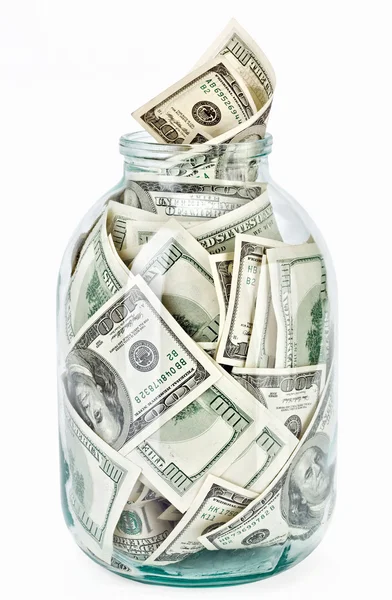Cash
Let your dollars make sense
Having too much cash on hand may not be good for your wealth.

Cash can be like junk food:
It can make us feel good when we have it. But too much of either isn’t good for your long-term health or wealth.
Having cash on hand to cover life’s curveballs is important. And while “cash” is usually associated with a regular checking account, there are similar low risk accounts that are generally used for short-term investing and can be converted to cash.

These options include:
- High-Yield Savings Accounts
- Certificates of Deposit (CD)
- Money Market Accounts
- Short-Term Government Bonds
- Treasury Bills
- Marketable Securities
Having a significant amount of money in any of these accounts could be hurting your future wealth-not helping it. So how much cash on hand do you really need?
The right amount cash to keep on hand is different for everyone

If you’re still working…
It may be a good idea to set aside enough cash to cover between three and six months of living expenses in case of a job loss or change in employment.

If you’re retired…
You may have reliable income sources to help cover your living expenses, but it’s the unpredictable events you need to prepare for now.
Think about how much cash you should have on hand. Here are the two biggest areas of unpredictable expenses to consider as you plan.

Home
- Roof replacement $5,000-$10,000
- Electrical rewiring $4,000-$12,000
- HVAC replacement $7,000-$10,000
- Termite damage $3,000

Auto
- Head gasket $3,456-$5,459
- Engine replacement $4,000-$7,000
- Catalytic converter $933-$4,414
- Transmission $4,000-$7,000

